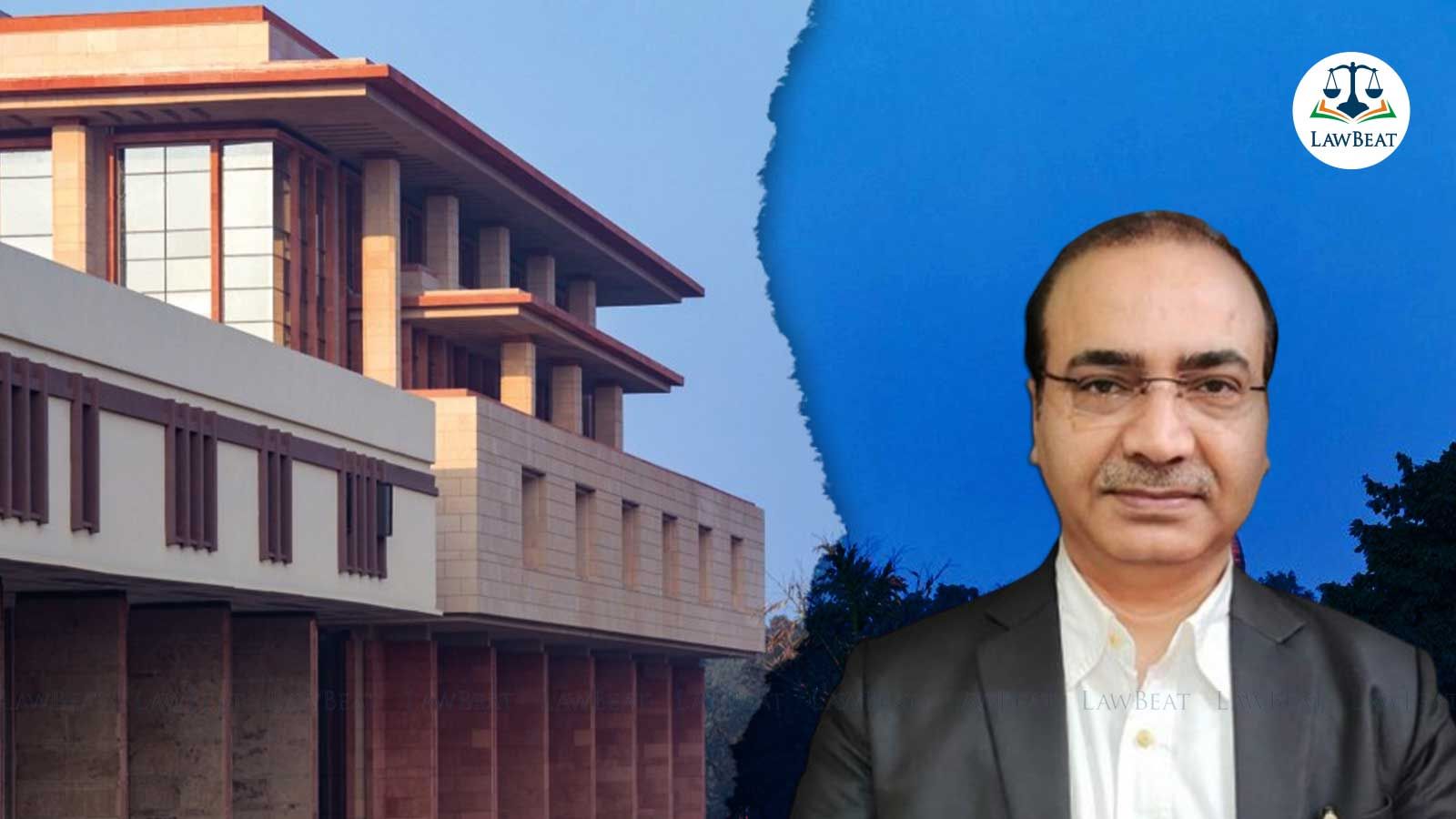Plea in Delhi High Court to distinguish between Dharma and Religion

The PIL seeks to include a chapter on “Dharma and Religion” in the primary and secondary school syllabus in order to educate the masses and control the religion-based hatred and hate speeches
A Public Interest Litigation (PIL) has been filed in the Delhi High Court seeking directions to the Centre and State to use proper meaning of religion, i.e. Panth/Sampradaya, not ‘Dharma’ in documents like Birth Certificate, Aadhaar cards, School certificates, Ration cards, Driving licenses, Domicile certificates, Death certificates, bank accounts, etc.
The plea filed by practicing lawyer Ashwini Kumar Upadhyay seeks to include a chapter on “Dharma and Religion” in the primary and secondary school syllabus in order to educate the masses and control the religion-based hatred and hate speeches.
The petitioner stated that “Dharma is not religion”. “Dharma is non-divisive, non-exclusive, and non-conclusive. Dharma is a quest for understanding the cosmic order of the universe and consciousness order at a personal level. ‘Dharma’, in fact, transcended the narrow boundaries of religion”, the plea stated.
It also stated that religion is a cult or a spiritual lineage that is called a Sampradaya (community). So, religion means community.
Quoting Mahatama Vidura, the plea stated, “Dharma knows no boundaries. Protection of trees is Dharma. Keeping the air, water, and land free from pollution is Dharma, and being the saviour, and patron of the well-being and progression of the citizens is Dharma. Dharma connects people. Dharma connects creatures to creatures. Dharma is the teacher which teaches one to balance between his duties and others’ rights”.
The plea further stated that religion works on a mass of people. In religion, people follow someone or someone’s path. On another side, Dharma is a work of wisdom.
It stated that religion is a “western concept”, the Indian concept is neither religion nor even Hinduism nor any ‘ism’, it is Sanatana Dharma, the eternal law of the universe, which cannot be formulated in any rigid and final set of tenets.
Case title: Ashwini Kumar Upadhyay v. Union of India & Others
